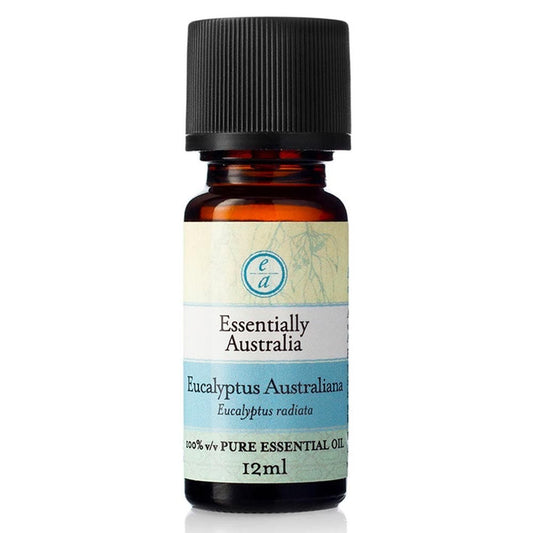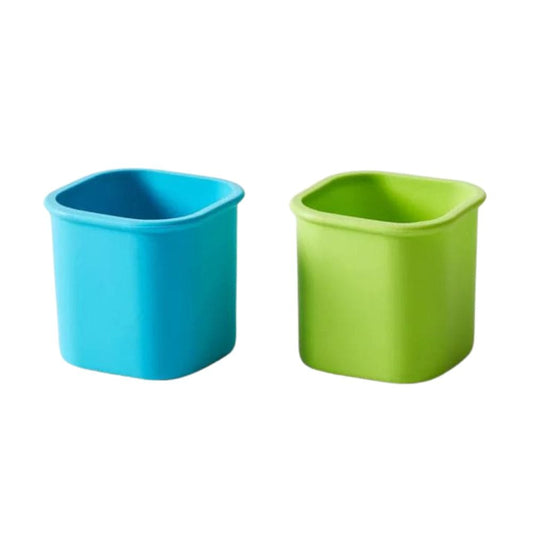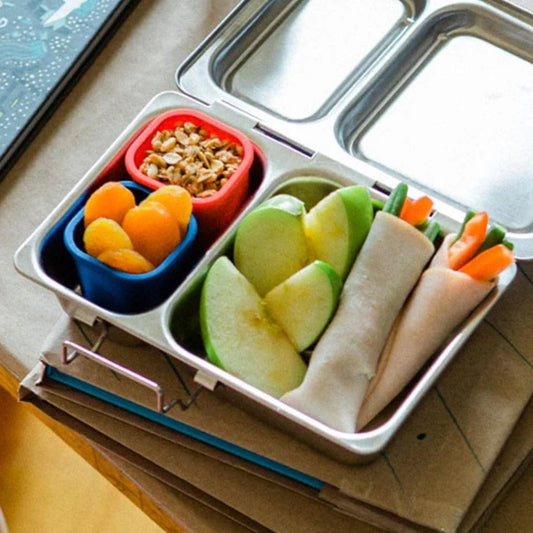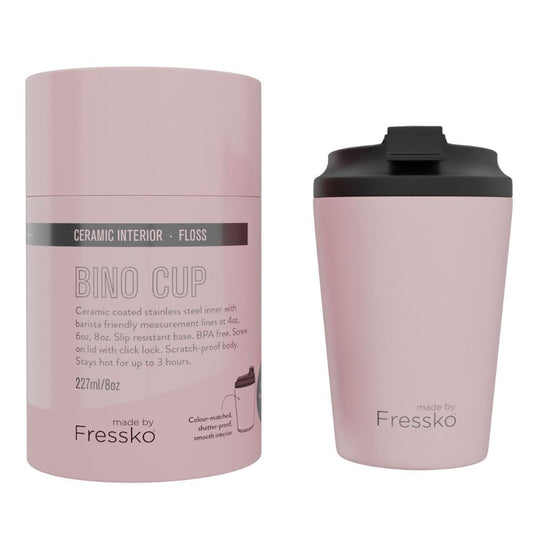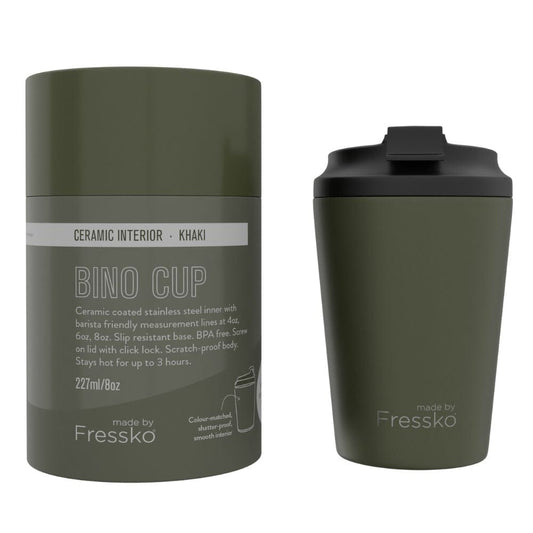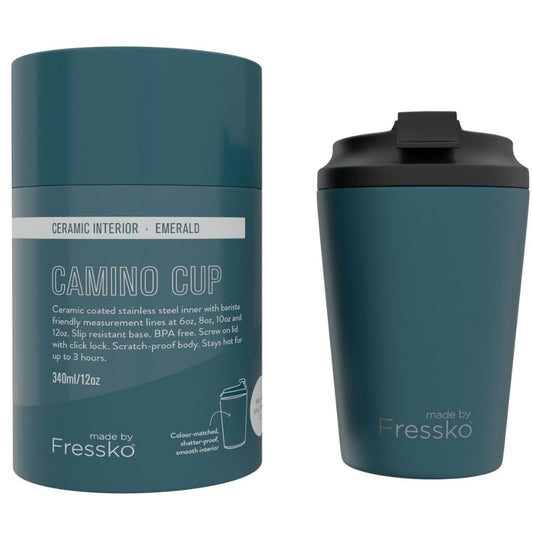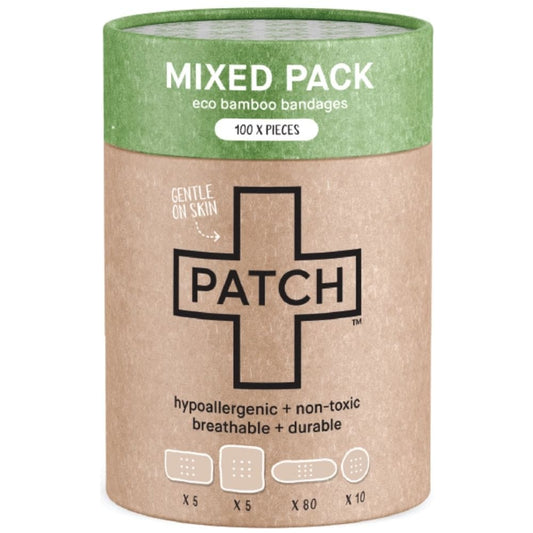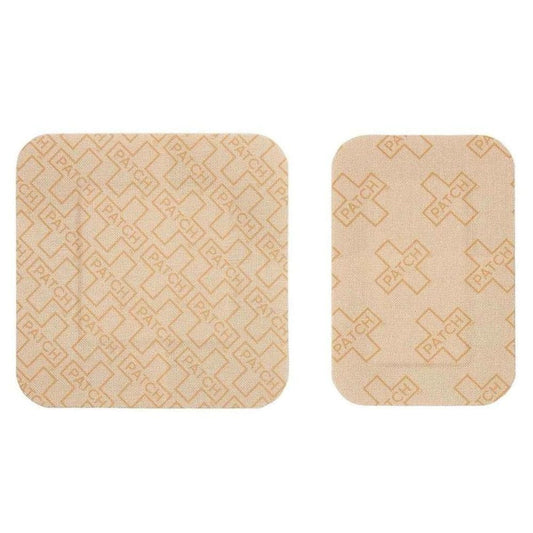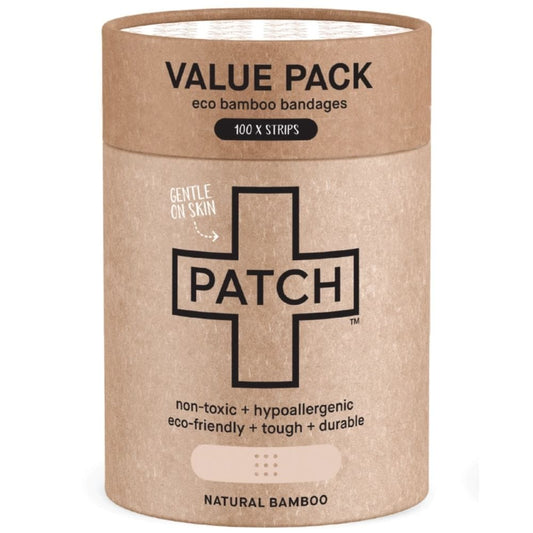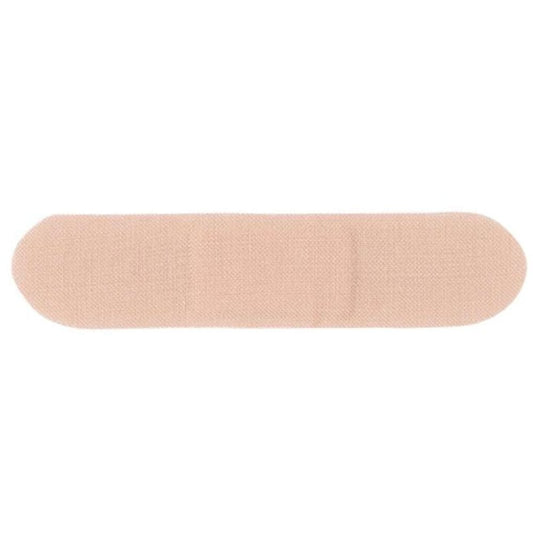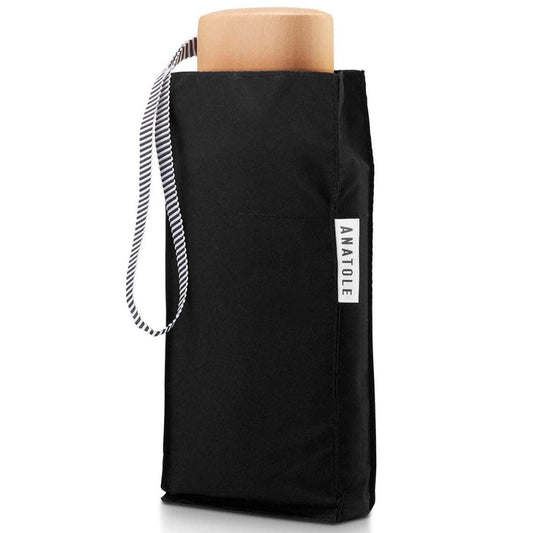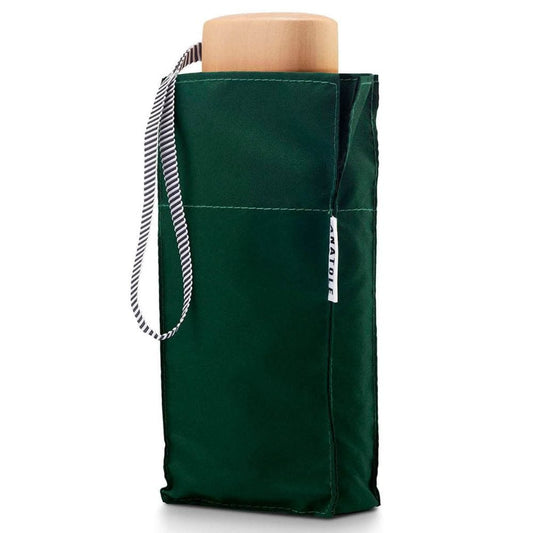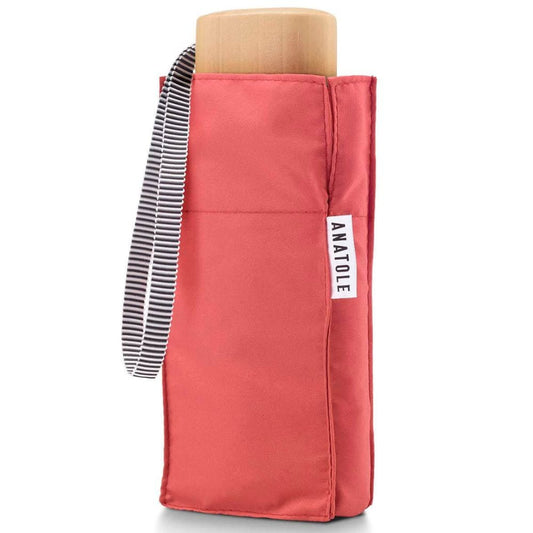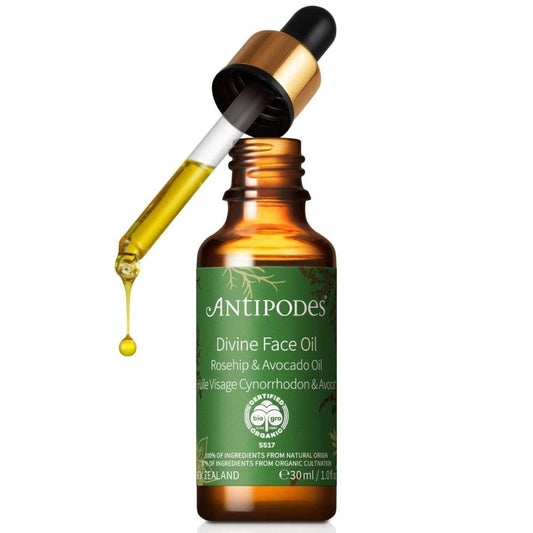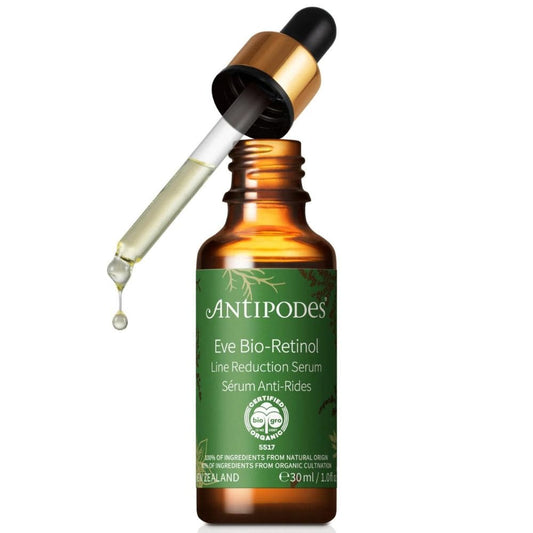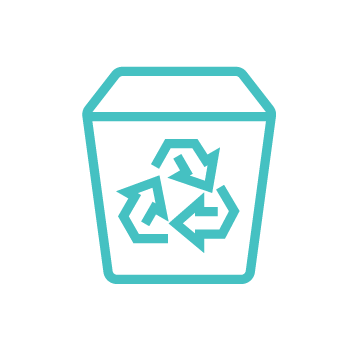Dish soap bars are becoming a very popular choice among environmentally conscious consumers because they are a convenient, eco friendly and effective alternative to traditional dishwashing liquid. So what are they made from and how are do you use them? We answer your burning questions, plus provide you with the best dish soap bars to try today.
What are dish soap bars made from?
Dish soap bars are typically made from a combination of plant-based oils, such as coconut oil or palm oil, along with sodium hydroxide (lye) and water. They may also contain additional ingredients like essential oils for fragrance or additives for extra cleaning power.
We believe a dish soap bar that is completely free from palm oil is the most sustainable option. Palm oil monoculture is responsible for immense deforestation, carbon emissions from peat lands, fires, animal deaths and human rights abuses in South East Asia.
Learn more about the problem with palm oil.
All dish soap bars available at Biome are 100% palm oil free.
Why dish soap bars eco friendly?
One of the primary advantages of dish soap bars is their reduced environmental impact compared to dishwashing liquid. A palm oil free dish soap bar especially so.
Unlike washing up liquid, dish soap bars don't require bulky plastic bottles, and many of them are packaged minimally in cardboard. Therefore dish soap bars contribute less to plastic production and waste, and fewer carbon emissions through their distribution and delivery.
Are dish soap bars more convenient?
Dish soap bars are a convenient option for travel and outdoor activities because they are compact, lightweight, and spill-proof. They are also easy to store and typically last longer than liquid soap since there's no risk of accidentally squeezing out too much product.
How do you use a dish soap bar?
To use a dish soap bar, you can wet your dishcloth, dish brush or sponge and rub it directly onto the bar to create suds. Alternatively, you can lather the bar in your hands before transferring the suds to your dishes. Like liquid soap, dish soap bars effectively cut through grease and grime on dishes. As they are not a detergent, they won't create as many suds as dishwashing liquid though.
Are there different types of dish soap bars?
There are various brands and formulations of dish soap bars available, ranging from unscented and hypoallergenic options to those infused with natural fragrances or specialised for specific purposes like cutting through tough grease.
Discover our eco friendly, palm oil free range of dish soap bars here >
Urthly Organics Dish Soap Bar
Urthly Organics Dish Soap Bar is scented with eucalyptus and lemongrass essential oils for a fresh finish, and includes bi-carb for a deeper clean and odour elimination.
That Red House Chunky Block Dishwashing Soap
The Chunky Block Dishwashing Soap by That Red House is made from organic soapberries, which makes it a powerful multipurpose addition that can replace liquid dishwashing detergent, hand soap, and general cleaning soap in the kitchen and household, even in the outdoors.
Crawford & Co Kitchen Soap Block
The Crawford & Co Kitchen Soap Block is a super sized kitchen soap block made from just saponified olive and coconut oil and tea tree essential oil for extra sanitising power and natural scent.
How do you store a dish soap bar?
To prolong the life of a dish soap bar, it's important to store it in a dry location between uses. A well-draining soap dish or soap rack works well to prevent the bar from sitting in water, which can cause it to soften and dissolve more quickly.
Is a dish soap bar cheaper than washing up liquid?
While dish soap bars may have a slightly higher upfront cost than their liquid counterparts, they often last longer, making them a cost-effective choice in the long run.
Can you use a dish soap bar for other purposes besides washing the dishes?
Dish soap bars can be used in various settings, including kitchens, camping trips, caravans, and boats. They are also suitable for hand washing dishes as well as cleaning other household surfaces, like the bathroom and laundry, and also washing and sanitising your hands as you go.
READ MORE









